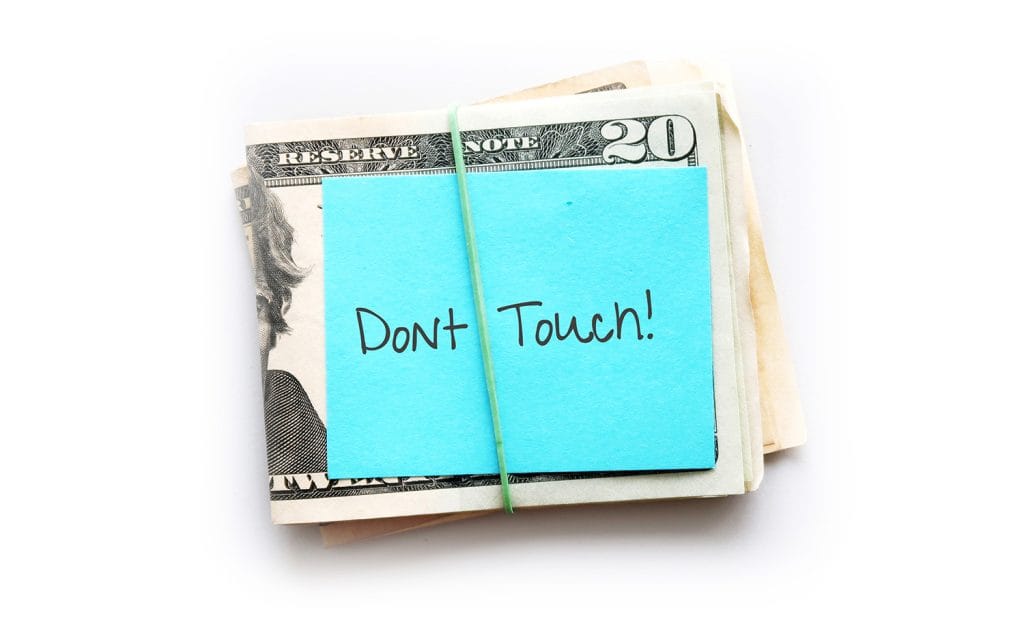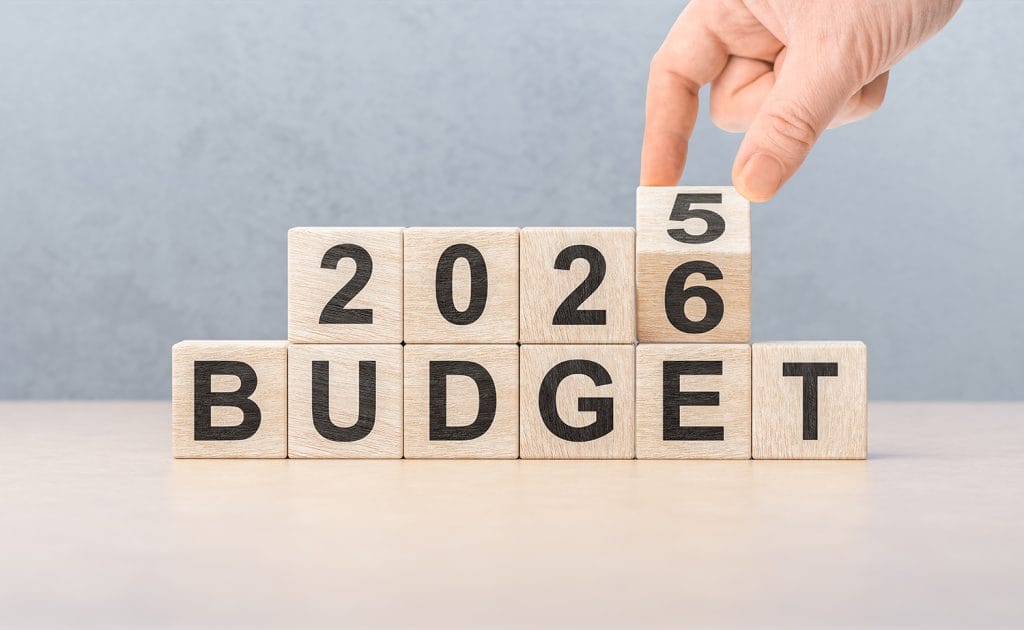
Expect the Unexpected: Why You Need an Emergency Fund
Having money on hand to cover unexpected bills is good for your financial health. Learn about starting an emergency fund.
When you cosign a loan for a friend or family member, you’re putting your own finances and creditworthiness on the line. Here’s what you need to know before you cosign a loan.
A cosigner is someone who agrees to be responsible for someone else’s debt. If you cosign someone’s loan and that person doesn’t make payments on the loan or defaults, you’ll have to repay the loan.
Someone who can’t get a loan on their own may be able to get a loan if they have a cosigner guarantee their debt. They might not qualify because they’re too young to have a credit history, have bad credit, or don’t have a steady income. When you agree to cosign a loan, you’re taking a chance on someone that the lender (or “creditor”) doesn’t think is a good credit risk.
To become a cosigner, you must first sign loan documents that tell you the terms of the loan. The lender also must give you a document called the Notice to Cosigner. The Notice tells you what will happen if the main borrower doesn’t pay on time or defaults on the debt. Under the FTC’s Credit Practices Rule, this is what the Notice says:
You are being asked to guarantee this debt. Think carefully before you do. If the borrower doesn’t pay the debt, you will have to. Be sure you can afford to pay if you have to, and that you want to accept this responsibility.
You may have to pay up to the full amount of the debt if the borrower does not pay. You may also have to pay late fees or collection costs, which increase this amount.
The creditor can collect this debt from you without first trying to collect from the borrower. The creditor can use the same collection methods against you that can be used against the borrower, such as suing you, garnishing your wages, etc. If this debt is ever in default, that fact may become a part of your credit record.
This notice is not the contract that makes you liable for debt.
In some states, creditors must try collecting from the main borrower before collecting from the cosigner. If this is the law in your state, creditors can cross out or omit the sentence in the Notice that says they can collect from you without first trying to collect from the primary borrower.
The Notice should be in the same language as the loan agreement. For example, if the agreement is in Spanish, the cosigner notice also should be in Spanish.
A friend or family member can ask you to cosign just about any type of loan. Student loans, auto loans, home improvement loans, personal loans, and credit card agreements are common. Mortgage loans are too. However, you may not get a cosigner notice if you cosign some types of mortgage loans. That’s because federal law doesn’t require the notice for real estate purchases. It’s still important to carefully consider the risks of cosigning.
When you cosign a loan, you agree to guarantee someone else’s debt. But you don’t get any title, ownership, or other rights to the property the loan is paying for. You’re there only to repay the debt if the main borrower falls behind on the payments or defaults.
Yes. Once you assume responsibility for the debt, it’s yours. You’re not the back-up for someone else’s loan. It becomes your loan and can be reported to the credit bureaus as your debt. If the primary borrower makes payments late or defaults, that bad credit history can show up on your credit report.
You can ask the lender to include a cosigner release option in the loan agreement. But, even then, don’t count on getting a release. The lender and the main borrower both have to agree to your removal from the loan, and that’s not likely. After all, the lender only granted the loan because you agreed to be responsible. Releasing you would mean that they’d have to take on added risk.

Having money on hand to cover unexpected bills is good for your financial health. Learn about starting an emergency fund.

Learn seven ways you can raise your credit score and improve creditworthiness.

Learn the essential basics of budgeting, plus practical tips designed to foster better money habits.
Copied to clipboard!